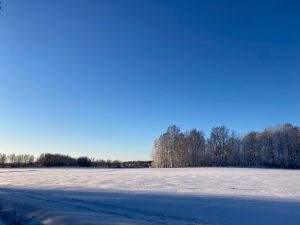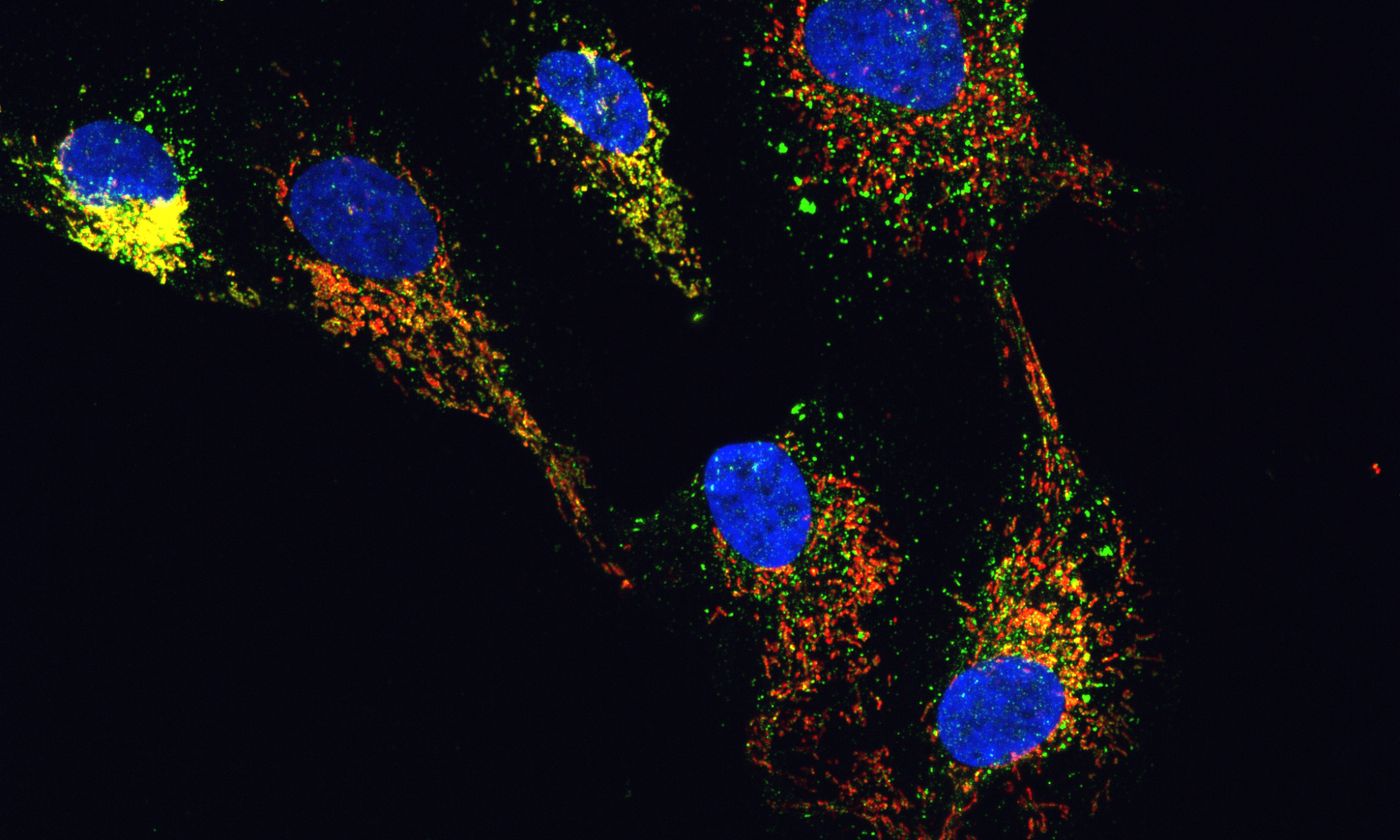Relevant publications by invited speakers:
Liddelow SA Modern approaches to investigating non-neuronal aspects of Alzheimer’s disease FASEB J 2019
Liddelow SA, et al., Activated microglia induce neurotoxic reactive astrocytes via Il-1α, TNFα, and C1q. Nature 2017
Clarke LE, Liddelow SA, Chakraborty C, Münch AE, Heiman M, Barres BA (2018) Normal aging induces A1-like astrocyte reactivity. Proc Natl Acad Sci USA 2018
Gibson EM, Nagaraja S, Ocampo A, Tam LT, Wood LS, Pallegar PN, Greene JJ, Geraghty AC, Goldstein AK, Ni L, Woo PJ, Barres BA, Liddelow S, Vogel H, Monje M Methotrexate chemotherapy induces persistent tri-glial dysregulation that underlies chemotherapy-related cognitive impairment. Cell 2018
Yun SP, Kam TI, Panicker N, Kim S, Oh Y, Park JS, Kwon SH, Park YJ, Karuppagounder SS, Park H, Kim S, Oh N, Kim NA, Lee S, Brahmachari S, Mao X, Lee JH, Kumar M, An D, Kang SU, Lee Y, Lee KC, Na DH, Kim D, Lee SH, Roschke VV, Liddelow SA, Mari Z, Barres BA, Dawson VL, Lee S, Dawson TM, Ko HS. Block of A1 astrocyte conversion by microglia is neuroprotective in models of Parkinson’s disease. Nat Med. 2018
Anderson MA, O’Shea TM, Burda JE, Ao Y, Barlatey SL, Bernstein AM, Kim JH, James ND, Rogers A, Kato B, Wollenberg AL, Kawaguchi R, Coppola G, Wang C, Deming TJ, He Z, Courtine G, Sofroniew MV. Required growth facilitators propel axon regeneration across complete spinal cord injury. Nature, 2018
Anderson Mark A, Burda Joshua E, Ren Yilong, Ao Yan, O’Shea Timothy M, Kawaguchi Riki, Coppola Giovanni, Khakh Baljit S, Deming Timothy J, Sofroniew Michael V. Astrocyte scar formation aids central nervous system axon regeneration Nature, 2016
Ren Y, Ao Y, O’Shea TM, Burda JE, Bernstein AM, Brumm AJ, Muthusamy N, Ghashghaei HT, Carmichael ST, Cheng L, Sofroniew MV. Ependymal cell contribution to scar formation after spinal cord injury is minimal, local and dependent on direct ependymal injury. Sci Rep. 2017
Burda Joshua E, Sofroniew Michael V Reactive gliosis and the multicellular response to CNS damage and disease Neuron, 2014
-Olesia Ignatenko
-Fumi Suomi


